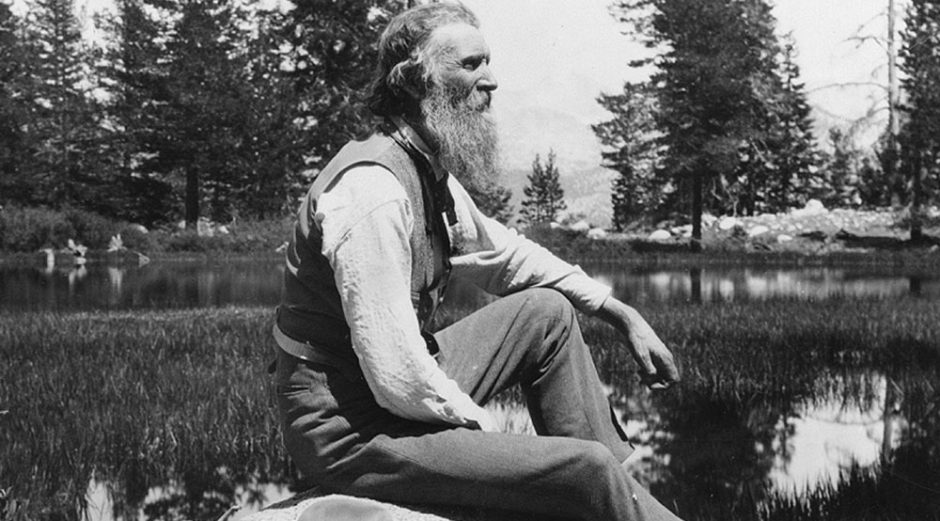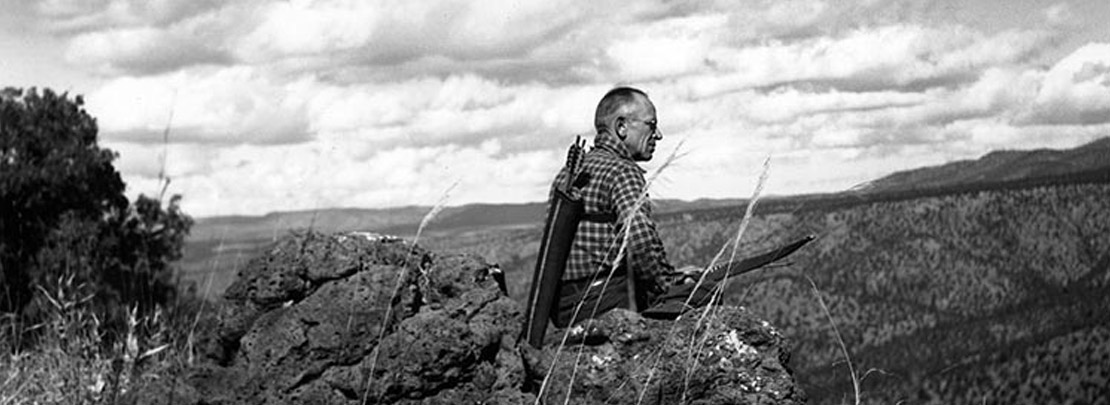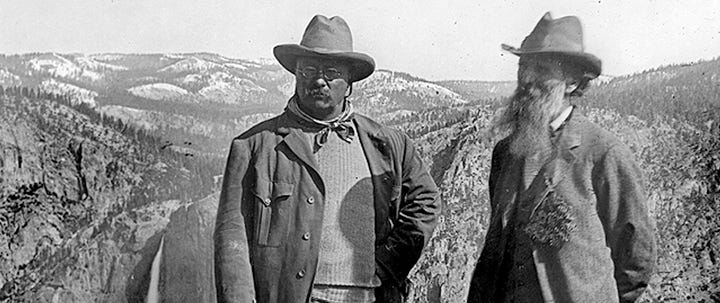 |
| https://cobb.institute/ |
Below is a recording of my talk (a video first, then audio only that includes the discussion afterwards). I’ve also included an extended draft of some notes I took to prepare my talk. Finally, I’ve included my notes taken while listening to Jason Moore during yesterday’s opening lecture.
“Cosmopolitics” is an effort on the part of thinkers like Isabelle Stengers, Bruno Latour, and Donna Haraway to think beyond the modern human/nature and fact/value divides, or what Whitehead called the “bifurcation of nature.”
“Civilization“?!? This phrase, “ecological civilization,” comes from China’s Communist Party. Achieving ecological civilization is one of their stated goals for the 21st century. In China there are now about 35 graduate programs and research centers devoted to Whitehead’s thought and process studies.
What does it mean, to Whitehead, to be “civilized”? He does not use the term in an exclusivist sense and is even willing to consider that some animals some of the time (e.g., squirrels) may be capable of it (see Modes of Thought). But usually not. It means a conscious recognition of and participation in the creative power of ideas–like freedom or love–to shape history.
“We find ourselves in a buzzing world, amid a democracy of fellow creatures.” -Alfred North Whitehead (Process and Reality).
Whitehead is not an idealist, however. Ideas only have power when the material and historical conditions are ripe, when a particular habitat can support their ingression.
Many moderns, Marx included, have too anthropocentric an idea of ideas. Ideas were already active in evolutionary processes long before conscious human beings emerged on the scene. Ideas are not just conjured up in human heads or scratched onto paper pages by human hands. Whitehead invites us to expand our conception so that we can sense that the idea of the Good generates the light and warmth of the Sun no less than the nuclear reactions and electromagnetic radiation known to physicists, that the idea of Beauty is at work in the evolution of peacocks and butterflies and roses and not just in Beethoven’s 9th or the Mona Lisa. Ideas don’t just shape history, they shape geohistory and indeed cosmic history.
“The basis of democracy is the common fact of value-experience, as constituting the essential nature of each pulsation of actuality. Everything has some value for itself, for others, and for the whole.” -Alfred North Whitehead (Modes of Thought 151).
Every bacterium enriching the soil, every bumble bee making honey in the hive, every human being participating in society, every star spiraling in the galaxy has value for itself, for others, and for the whole. Nonhumans not only have value, they are agents of value creation.
Whitehead (in a conversation with his wife Evelyn and the journalist Lucien Price in 1944) was asked if the prior half-century or so had any political thinkers as daring as those who inaugurated the new relativistic and quantum physics, he answered “There is Marx, of course; though I cannot speak of him with any confidence.” But he goes on to describe Marx as “the prophet of proletarian revolt” and marks the singular relevance of the fact that the first practical effectuation of his ideas [Soviet Russia under Lenin] occurred in a society dominated by farmers. Here we see Whitehead was ahead of his time in recognizing the importance of food sovereignty. Any serious resistance to capitalism must begin with soil and seeds.
What is value? We can discuss the differences between use v. exchange value, objective v. subjective value, but ultimately Marx says value is a social relation determined by the amount of labor time it requires to produce a commodity. Humans create value by working on raw material or dead nature.
Is all value really produced by human labor alone? Is there nothing extrahuman that supplies value? In Whitehead’s cosmos there is no mere matter or dead nature, no inert or raw material to be appropriated by something called Man.
Whitehead: “We have no right to deface the value-experience which is the very essence of the universe” (Modes of Thought 111).
We can link value to agency. Moderns, whether Locke, or Marx, or Hayak, limit agency and thus value-creation to human beings.
According to Latour, the abstract, idealistic materialism of classical Marxism misses the activity/agency of the world.
Latour: “We have never been modern in the very simple sense that while we emancipated ourselves, each day we also more tightly entangled ourselves in the fabric of nature.”
Despite his recognition of metabolic rift, Marx was fully modern in his commitment to what Latour calls the “double task of emancipation and domination” (We Have Never Been Modern 10). The emancipatory task was political: to end exploitation of humans by humans. The task of domination was technoscientific: to become masters of nature.
“The fabric of our collectives has had to be radically transformed to absorb the citizen of the 18th century and the worker of the 19th century. We need a similar transformation now to make space for non-humans created by sciences and techniques.” -Latour (We Have Never Been Modern 185-6).
Latour’s Gifford lectures on Gaia invite us to transform our imagination of the earth as modern globe by turning it inside out, such that we come to see that we are in a crucial sense surrounded by the earth, we are enclosed within it, trapped, earthbound. We cannot escape to a beyond, Musk and Bezos’ extra-terrestrial utopianism notwithstanding.
How are we to think human freedom and human-earth relations after modernity? Humans are not as free and teleological as moderns have imagined; nor is nature as dumb and deterministic as moderns have imagined. Marx says that what distinguishes the worst human architect from the best honey bee is that the former designs his building ideally before constructing it materially. Man has a plan. Bees, apparently, are simply automatons obeying blind instinct. But is this really how human creativity works? Is this really how bee creativity works? Architect Christopher Alexander discusses how medieval cathedrals were generated over generations in a purposeful but not centrally planned way. This is akin to the way insects build their nests, following a simple organizational patterning language out of which emerges enduring forms of order and beauty. Buildings that are designed and built in the way Marx imagined tend to be dead structures meant for money-making rather than living. Consciousness of the power of ideas does not mean mastery over ideas. Ideas possess us, purpose us; we participate in their power, co-workers and not free inventors.
Donna Haraway: “in so far as the Capitalocene is told in the idiom of fundamentalist Marxism, with all its trappings of Modernity, Progress, and History, that term is subject to the same or fiercer criticisms. The stories of both the Anthropocene and the Capitalocene teeter constantly on the brink of becoming much Too Big. Marx did better than that, as did Darwin. We can inherit their bravery and capacity to tell big-enough stories without determinism, teleology, and plan” (Staying With the Trouble, 50).
What does Haraway propose we do instead? In place of deterministic teleology, she proposes process-relational creativity; and in place of a Big Plan from on high she proposes playful communal kin-making with the ecological beings we breath, kill, eat, love, and otherwise communicate with on the daily down here on planet Earth. She credits James Clifford (Return) with the notion of a “big enough” story, a story that remains “ontologically unfinished” and situated in zones of contact, struggle, and dialogue” (Return 85-86).
How do we become sensitive to the values of nonhumans? We need new practices of aestheticization, new stories, new rituals (or perhaps we need to recover “old” practices, stories, and rituals) to help us become sensitive to the values of nonhumans. Indigenous peoples can help us develop these. I think something like this is going on even in major documentary films like the new Attenborough film “Our Planet” (problematic as its title is, and as Attenborough’s ecological politics are): e.g., the images of a mass suicide of walruses in northeastern Russia.
Becoming sensitive to the values of nonhumans doesn’t mean we don’t still have a hierarchy of values that in many cases puts humans at the top. As Whitehead says, “life is robbery.” But, he continues, “the robber needs justification.” What is the human, anyway? Are we one species among many? In an obvious sense, of course we are; and we ignore our dependence upon and embeddedness within wider ecological networks to our own peril. In another sense, we are not just another species. We have become, for better or worse, a planetary presence, a geological force. How are we just justify our presence on Earth? What does ecological justice look like when the idea of justice is expanded beyond just human society?
There are a number of ongoing polemics among anti-capitalist scholars, particularly metabolic rift theorists and world-ecology researchers (e.g., John Bellamy Foster and Jason Moore; incidentally, Foster seems to get Latour all wrong), regarding the proper way to understand the relation between human beings and the rest of the natural world. I would want to approach these disputes in a diplomatic manner. I am not here to choose sides, and anyway I don’t even know the whole story. But at this catastrophic moment in geohistory, those of us resisting the mitosis of capital might do well to focus less on widening abstract semantic divisions and more on imagining and materializing the shared future we hope we one day achieve on this Human-Earth.
Human history is a geophysical event. Whether we date the history of this event to the emergence of symbolic consciousness 200,000 years ago, the Neolithic revolution 12,500 years ago, the capitalist revolution 500 years ago, the industrial revolution 250 years ago, the nuclear age 75 years ago, or the information age 20 years ago, it is clear that the Earth has by now at least entered a new phase of geohistorical development.
AP headline on May 6th, 2019 reads “UN report: Humanity accelerating extinction of other species.” The first line reads: “People are putting nature in more trouble now than at any other time in human history, with extinction looming over 1 million species of plants and animals, scientists said Monday.”
NY Magazine headline also on May 6th, 2019 by Eric Levitz: “Humanity is About to Kill 1 Million Species in a Globe-Spanning Murder-Suicide.”
He concludes: “Earth’s ecosystems did not evolve to thrive amid the conditions that a global, advanced capitalist civilization of 7 billion humans has created. And that civilization did not evolve to thrive on a planet without coral reefs, wetlands, or wild bees — and with global temperatures exceeding preindustrial levels by 1.5 degrees. Bringing our civilization’s ambitions and modes of operation into better alignment with the environment’s demands no act of altruism. It merely requires recognizing our own collective long-term self-interest, and changing the way we grow food, produce energy, deal with climate change and dispose of waste, on a global level, through international cooperation.”
Whether we call it the Anthropocene, the Capitalocene, the Plantationocene, the Chthulucene, the Entropocene, or the Ecozoic, diagnosing the metaphysical roots of the present ecological catastrophe is a necessary (though not sufficient) part of imagining and materializing a post-capitalist world.
Marx is not unaware of our dependence upon the natural world, writing that: “Nature is man’s inorganic body, that is to say, nature in so far as it is not the human body. Man lives from nature . . . and he must maintain a continuing dialogue with it if he is not to die. To say that man’s physical and mental life is linked to nature simply means that nature is linked to itself, for man is a part of nature.”
Marx also writes in Capital of labor as a process “by which man, through his own actions, mediates, regulates, and controls the metabolism between himself and nature. He confronts the materials of nature as a force of nature” (https://isreview.org/issue/109/marx-and-nature).
Marx is dialectical in his understanding of the human-earth relation, but he still treats nature as dead and awaiting the value-creating power of human consciousness.
With Whitehead, I have argued that value is not just a human social construct or free creation of human labor or desire (modern thinkers as diverse as Locke, Marx, and Hayek agree on this, as I noted above) but a cosmological or ecological power from which our human values, and our human power, derive.
Citations for the above:
- Dialogues of Alfred North Whitehead by Lucien Price, p. 220.
* * * * * * *
Thursday, May 30th
Notes on Jason Moore’s opening talk
- The planetary era began in 1492 (“the globe”) not in 1968 with earthrise photo
- the end of the world has already happened, many times.
- Man and Nature as “real abstractions” (non-European people and European women were considered part of nature); we must break down CP Snow’s two cultures, beyond “coupled systems” analysis, to a “flow fo flows” that integrates humans as earthlings
- “civilization” as a dangerous, colonial word? What is this term meant to denote? The opposite of savagery and barbarism?
- climate change as a “capitalogenic process” (what about Soviet and Chinese communist contributions?)
- “Nature is a class struggle” – “Nature” is part of the capitalist project
- we need more Marxist histories of climate change to avoid ceding the ground to neo-Malthusians
- the Earth has always been a historical actor; the present ecological crisis is not novel in this respect (see William Connolly’s “Facing the Planetary” and “The Fragility of Things”)
- climate is not exogenous to civilization and modes of production.
- Marx on labor as metabolic mediation between man and nature (man transforms nature, nature transforms man).
- from geology and history to geohistory
- Capitalism emerged out of late 15th century geographic expansion; credit, conquest, and coerced labor were essential (“capitalism’s triple helix in formation”)
- new world genocide led to regrowth of managed forests and CO2 dip, which led to little ice age; why didn’t this produce a terminal crisis in capitalism? Because of slavery frontier
- why is cotton gin not considered as important as steam engine as impetus for industrial revolution?
- “blue marble” photo of earth as “environmentalism of the rich”
- Marx acknowledged that human labor is itself a force of nature (?)
- alternative to collapse narrative (Jared Diamond)?















:max_bytes(150000):strip_icc():format(webp)/GettyImages-933712046-5bb39fb3c9e77c002603ebe2.jpg)

:max_bytes(150000):strip_icc():format(webp)/Rachel-carson-GettyImages-577685719-58b8c22b3df78c353c1e0c8e.jpg)


:max_bytes(150000):strip_icc():format(webp)/Julia-Hill-GettyImages-539723776-58b961705f9b58af5c449137.jpg)
:max_bytes(150000):strip_icc():format(webp)/Henry-David-Thoreau-GettyImages-AB30213-58b961ea3df78c353cd86ebb.jpg)


:max_bytes(150000):strip_icc():format(webp)/Chico-Mendes-GettyImages-530239202-58b966753df78c353cda7158.jpg)
:max_bytes(150000):strip_icc():format(webp)/Wangari-Maathai-GettyImages-525237988-58b966aa5f9b58af5c469d35.jpg)

